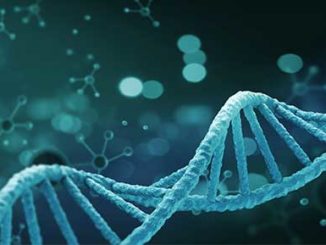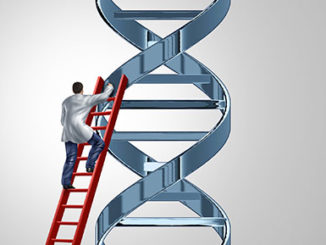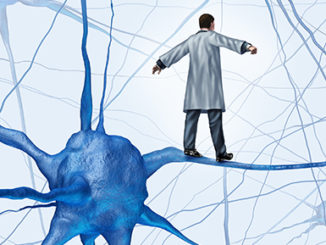Epigenetics Clues to Obesity and How Lifestyle Changes Could Modify Your Epigenetic Profile
Adiposity is a condition of being severely overweight or obese and it has numerous connections to epigenetics. Understanding more about the epigenetics underlying obesity could help to introduce preventions based on lifestyle changes which may be able to modify our epigenetic marks and improve health. A rough measure of obesity is body mass index, BMI, which can be calculated by dividing one’s body weight in kilogram by the body height in square meters. According to the World Health Organization (WHO) [more…]











